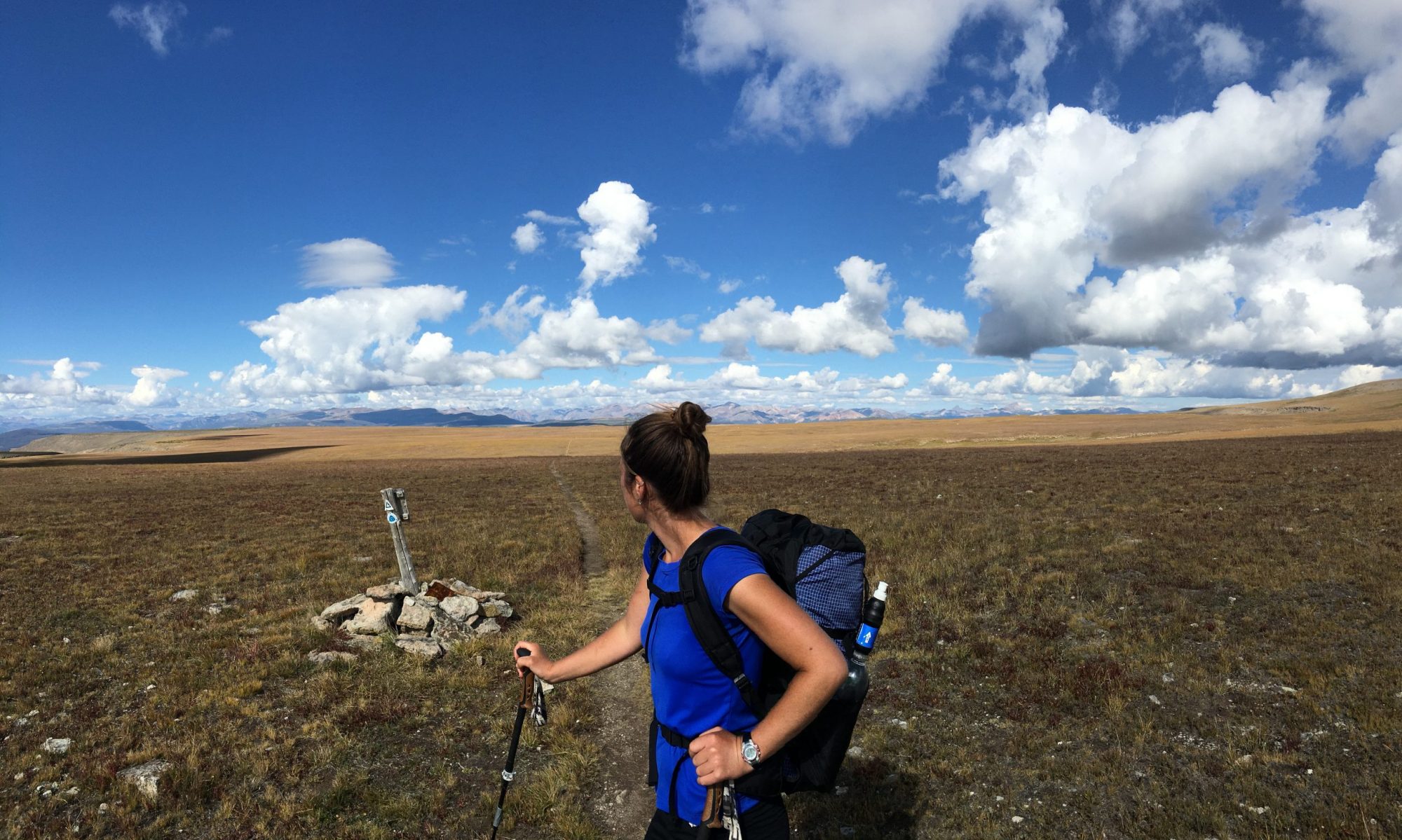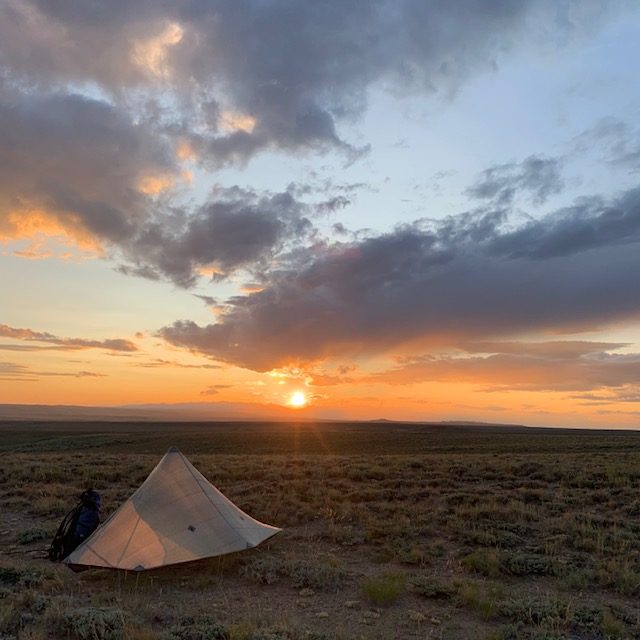What kind of character do you want to play in this lifetime?
Do you want to be someone who is calm, resilient, and adaptable in the face of adversity? Or do you want to be someone who is easily perturbed and thrown off kilter each time an unexpected road block is put before you? Most likely, you chose the former.
There’s actually no right answer. The real point is that you get to choose. You have the opportunity to train yourself to be whatever type of person you want to be. Have you ever taken the time to ask yourself who you want to be? Have you considered how you want to interact with reality to sculpt yourself into the type of person you desire to be?
This article examines specifically how you show up during moments of discomfort, but know that you can actively sculpt any part of your character at any point in your life. And the even more exciting part is that life is constantly giving us opportunities to do this 🙂
We’re conditioned to believe that we’re either born with certain personality traits or we’re not. ‘He’s outgoing.’ ‘She’s assertive.’ ‘He’s uptight.’ It’s as if this is what we’re born with and that’s it. However, what I believe, and what I’ve found to be true in my own life, is that we have choice over which traits we strengthen within ourselves and which we weaken.
Even if you already know this to be true, have you intentionally decided how you wish to sculpt your character? I think many people, either consciously or unconsciously, make the decision to float through life. They allow life to happen to them. They unconsciously react rather than consciously creating what they want.
While it’s certainly possible to continue drifting through life, reacting to whatever comes your way, I find that it makes for a far more fascinating journey to actively engage with reality in a way that turns me into the type of person I desire to become.
Seek Discomfort to Speed Your Growth
I’ve found adversity, challenges, and obstacles (i.e. anything which elicits discomfort) to be particularly powerful for character sculpting. The truth is that to get stronger, we must push ourselves just beyond the edge of our comfort zones. And, by definition, that requires discomfort. This applies whether we’re talking about getting stronger physically, mentally, spiritually, or emotionally.
Like any animal, we humans instinctively shy away from discomfort. That’s our nature. Society encourages and reinforces that behavior. We have machines that can perform nearly any task for us, so that we no longer need to do much physical labor to attend to our daily lives. We go from our temperature-controlled home to our temperature-controlled car to our temperature-controlled office, so we never have to feel the heat or the cold or be exposed to severe weather. When we don’t get first place in the spelling bee, we’re given a participation award, so there’s no disappointment to experience and no reflection on how we can improve. When the partner breaks up with us, our friends tell us that they didn’t deserve us anyway, so we never have to reflect on the role we played in the break-up and how it potentially could’ve been avoided.
This comes at a cost, though. We lose our ability to adapt. We lose our resilience. We miss out on golden opportunities to grow, expand, learn, and become stronger.
There are countless ways, both subtle and obvious, where we circumvent emotions and experiences which could actually be alchemized into our greatest gifts. If we train ourselves to shift our perspective, we are suddenly rewarded with the chance to become a better version of ourselves. In essence, to up-level.
When we train ourselves to lean into discomfort and excavate the lesson from each experience, we free up so much precious life energy. We no longer waste energy resisting what is. Instead, we’re able to use that energy to sculpt the version of ourselves that we desire.
Instead of being in victim mode and saying “Why did this happen to me?”, what if you shifted the question to “How is this happening for me?”? Do you see the mind shift there? One is disempowering; the other is transformational.
“No tree which the wind does not often blow against is firm and strong; for it is stiffened by the very act of being shaken, and plants its roots more securely: those which grow in a sheltered valley are brittle: and so it is to the advantage of good men, and causes them to be undismayed, that they should live much amidst alarms, and learn to bear with patience what is not evil save to him who endures it ill.”
Seneca
Let’s look at a few examples. I think the physical realm is the easiest place to start.
This morning I attempted to do a 42-minute power yoga video. I say attempted because this was the first yoga I’ve done in about 5 months and I only made it about ¾ of the way through. The reduction in my arm strength was quite apparent.
I was initially discouraged, but I soon remembered what a gift this was. I could clearly see my weaknesses and tailor my training to address them. This happens to me often in fitness. I get so wrapped up in doing the same workout routine. The body adapts quickly and I stop progressing. However, I don’t notice that I’m stagnant, or at least it takes a while to notice. I’ve learned that if I want to keep improving, I have to be mindful and intentionally seek challenges.
In the mental, emotional, and spiritual realms, examples of this practice are a bit less distinct. One recent scenario that comes to mind is an experience I watched a friend endure. Said friend met a man while visiting a hot springs resort 5 hours away from her home. They immediately had a connection. They kept in touch when they were apart and she would come back to visit every 3-4 months, the connection becoming more flirtatious each time.
This went on for over a year. They hadn’t made any serious commitment, but she felt connected with him. On her most recent visit, right before she was about to leave, he kissed her very passionately in the parking lot. She left feeling elated. Now, several months later, after several texts and calls, she’s never heard back from him.
This certainly falls into the category of ‘challenges’ (emotional, mental, and maybe even spiritual). She could have let the un-knowingness of it undo her. And indeed, it required a lot of inner work, but she eventually came to a point where she could let it go and be at peace with the situation. She may never know what happened to him, but it doesn’t matter anymore. She took the energy that was going into suffering and put it into self care and inner growth.
Find Your Challenge Before It Finds You
Recently, I was looking back over my journal from my Continental Divide Trail hike and I read this entry from the first night:
“That’s why I come back again and again. To escape the false safety of the manufactured world for something less known. To create my own challenge, my own drama. Because on some level, the human knows it needs struggle in order to grow, and we’ll either unconsciously manifest it or we can intentionally build it into our lives.”
CDT hike Day 1 journal entry
I’ve seen this over and over again where we humans unconsciously create challenge or strife for ourselves (lookin’ at you, drama queens ;)). We claim we don’t want it in our lives, but then we keep creating the same circumstances. I think we innately know we thrive on a bit of discomfort, but when we don’t create it mindfully, it shows up in all sorts of unintended ways.
Again, it’s easiest to create this challenge in the physical realm. I believe that’s why the more sanitized our world becomes, the more we see people engaging in activities like obstacle course races, ultra marathons, and thru-hikes.
So, not only am I suggesting that we embrace the challenges that spontaneously arise, but even that we actively seek them out.
By far, the greatest benefit I receive from actively leaning in to the discomfort, over and over again, is a deeply embodied sense of resilience. The more challenging situations I face head on, and survive more-or-less intact, the less fear I have when I encounter the next obstacle.
I cannot understate how empowering it is to carry the belief, the gnosis, that “I can handle whatever comes my way. I don’t need to waste energy in a fear state because even if this sucks, I trust myself to make it out the other side even stronger than before.”
What would your life look like if you chose to lean into the discomfort, or even more boldly, if you actively sought out the discomfort? Those are the places where the real growth happens.
Embrace the discomfort. Welcome it. When you find yourself resisting it, take a moment to pause, and to shift your perception. The discomfort is a gift. It’s showing you where you have room for growth. You have the power to alchemize it. Use the energy you normally use to resist the discomfort and use it instead to create a better you.
Thank it. Learn from it. Grow from it.
Do you have an example of when embracing discomfort has ultimately made you stronger? Let me know in the comments below!
Like what you’re reading?? Join the VIP list to receive our insider new and full moon newsletter and be the first to know when new blogs go up!


